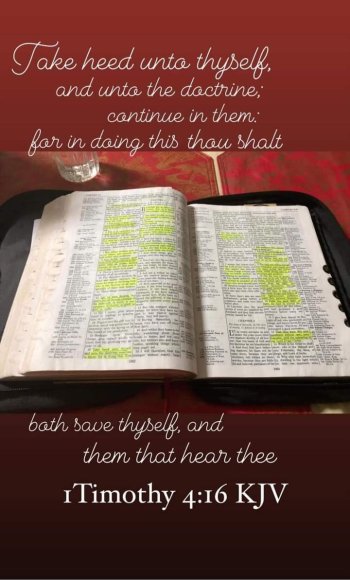Straw man fallacy. There is no "communication with the dead". That has nothing to do with the intercession of the saints. Common sense tells me you are a tricky polemicist.
1. Since the Bible says that contacting in the dead is the abominable sin of necromancy (Deut. 18:10–12), the intercession of the saints seems blasphemous to me.
This objection to the
intercession of saints is an honorable and sincere one. It expresses a disposition that all Christians must have—refusing to do anything that takes away from the adoration that belongs only to God. When this objection is raised, you should affirm that if praying to saints takes away from one’s devotion to God,
then it is a practice that should end at once. Expressing this to an evangelical Christian will help alleviate his presumption that you may not be as interested in serving God with single-heartedness.
When the Bible mentions necromancy, it condemns the practice of conjuring up the dead, as Saul did through the witch of Endor in 1 Samuel 28.
- When Jesus spoke with Moses and Elijah during the Transfiguration, this was not necromancy.
- When David asked the angels of heaven to bless the Lord, this also was not offensive to God (Ps.103:20–21).
Likewise, when a Catholic asks St. Peter to pray for him, he is not conjuring up a spirit from Hades in order to acquire secret knowledge. After all, those in heaven are “like the angels,” and are more alive than we are, since the Lord is “not God of the dead, but of the living” (Luke 20:36–38). So, if it does not offend God when a Catholic says “St. Peter, pray for me,” we should all rejoice that God has given us the gift of Peter’s prayers.
2. But if you pray to the saints you are worshiping them.
Whenever discussing a doctrine, it is always effective to define your terms.
“Pray” is an Old English word that means simply “to ask.” In Protestant theology, the word has become synonymous with worship, but that is not the original use of the term.
Any time a Catholic utters a petition to a saint, it is taken for granted that it is a request for that saint
to pray to God for them. For example, the “Hail Mary” contains the request, “pray for us sinners.” If you ask a person to pray for you, it proves that you do not think that he is God. What needs to be stressed here is that none of our prayers terminate in the saints, as if they had the power in and of themselves to answer prayers. THEY DON'T.
read more here


